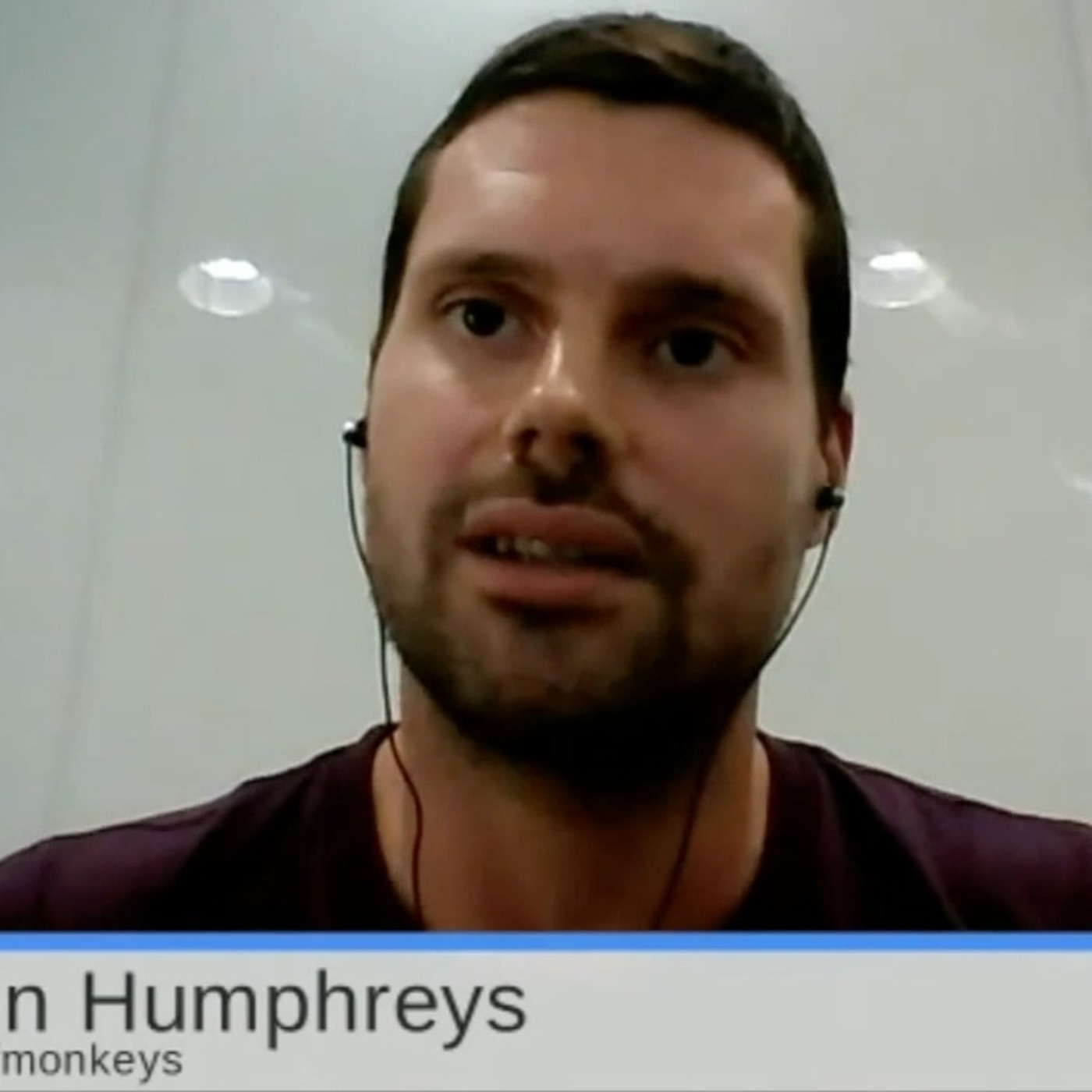CTL 009 - How to Use Docker in Cloud Foundry with Colin Humphreys
- Author
- CenturyLink Labs
- Published
- Thu 07 Aug 2014
- Episode Link
- https://www.podomatic.com/podcasts/centurylinklabs/episodes/2014-08-07T14_41_10-07_00
I am proud to call Colin Humphreys, Founder of CloudCredo a friend of mine. I worked with him while building AppFog and now he has started his own company that does Cloud Foundry consulting and services, including bridging the gaps between Cloud Foundry and Docker.
Because of Colin’s work, a couple weeks ago the Cloud Foundry team announced an official project to make Docker a first-class citizen within Cloud Foundry. This week we talk to Colin about the future PaaS and the intersections of Cloud Foundry and Docker.
Colin is hilarious and if you listen to the whole podcast, I assure you there are a few nuggets you will quite enjoy.
You can also listen to it on:
iTunes
Stitcher
RSS Feed
SHOW NOTES
What does CloudCredo do? We help people get value from Cloud Foundry and BOSH. We do managed services, but we are trying to build tools to automate the manual processes involved.
How does Cloud Foundry v2 handle state-full services? Right now the state problem is a challenging one. Cloud Foundry v2 takes out the database services into an abstract service binding.
You are the major bridge builder between Docker and Cloud Foundry. How did you get in that position? I am very noisy and exceptionally tall. I turn up at conferences and shout at people. I have a habit of doing whatever I think is right, not really caring about the consequences. People with more fear look at Docker and Cloud Foundry and think they are competitive with each other. I don’t have that fear and I see a huge amount of value in the combination of the two. That’s why I created a prototype called Deckerwhich does just that.
Can you talk to us about Decker? Docker addresses the micro world of single hosts well, and Cloud Foundry’s Elastic Runtime addresses the macro world of distributed orchestration well – what we needed was the combination of the two. Thus the idea for Decker was born. You can watch a video demo of Decker to see it in action.
Tell us about Warden Linux Container manager and what the design principles behind it are, why Cloud Foundry uses it instead of Docker right now? It has been a matter of timing. Originally, the Cloud Foundry people tried to use LXC for its containers, but ran into troubles. Since Docker used LXC at the time as well, they decided not to use Docker and built their own library called Warden.
A week ago, it was announced that Decker is now officially in the Cloud Foundry project, what does that mean? Now Warden is being merged withlibcontainer which will enable easier and deep Docker integration with Cloud Foundry. This means you will be able to push Docker containers into your Cloud Foundry application.
When does it make sense to use Cloud Foundry over Docker? If you are creating stateless 12-factor applications, it is a no-brainer to take those containers, push them into Cloud Foundry, and use Cloud Foundry to scale them and work with them because it is so much easier than trying to run your own distributed system with containers. If you have state in those containers, it becomes far more challenging.
What do you think about the pure Docker Micro-PaaS’es like Deis, Flynn and Dokku? Flynn is interesting because it is trying to tackle the state-full problem, so I am very interested in the things they are trying to achieve, but it is still early days for Flynn and it is not that mature yet. Deis and Dokku are great projects, and they currently have a more mature ability to host Docker containers than Cloud Foundry, but Cloud Foundry is going to be the way you will want to go to orchestrate those containers.
What do you think about OpenShift? My take is that OpenShift has an extraneous F in its name. My background is RedHat, but OpenShift is an awful PaaS. I say this because I have tried to put it into production for a large charity client. Cloud(continued)
